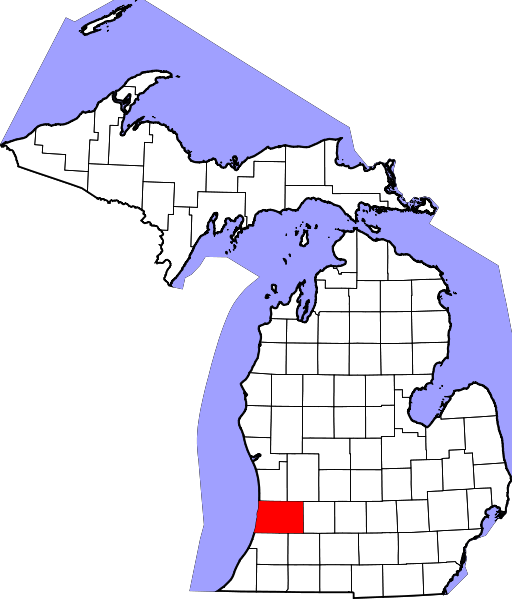The Michigan Department of Health and Human Services (MDHHS) along with the Allegan County Health Department (ACHD) report that a child who had visited the recent Allegan County Fair has tested positive for the H3N2 variant (H3N2v) influenza. The fair took place September 8-16, 2017.

The incubation period (the time it takes from exposure to illness) for this influenza, like the usual seasonal influenza, is 1 to 7 days; and most commonly 2 days. Therefore, it is unlikely that there will be new cases from direct exposure at the Allegan County Fair. Early treatment works best and may be especially important for people with a high risk condition. Currently there is no vaccine for H3N2v and the seasonal flu vaccine will not protect against H3N2v.
“This variant flu virus has rarely been shown to spread from person to person but any individual with flu-like-symptoms should contact his or her medical provider and the health department. In addition, it is important to note, the seasonal flu vaccine will not protect against H3N2v,” said Angelique Joynes, MPH, RN — Allegan County Health Officer.
Save up to 40% off tours and activities in Chicago
Symptoms of H3N2v infection in people are similar to those of seasonal flu viruses and can include fever and respiratory symptoms, such as cough and runny nose, and possibly other symptoms, such as body aches, nausea, vomiting, or diarrhea. Infections with influenza viruses (including variant viruses like H3N2v) can sometimes cause severe disease, even in healthy people. This can include complications, such as pneumonia, which may require hospitalization, and sometimes results in death. People who are at high risk of developing complications if they get influenza include children younger than 5 years of age, people 65 years of age and older, pregnant women, and people with certain long-term health conditions, such as asthma, diabetes, heart disease, weakened immune systems, and neurological or neurodevelopmental conditions.
Below are some steps that you can take to protect yourself and prevent the spread of any illness:
- Avoid close contact with sick people.
- Cover your nose and mouth with a tissue when you cough or sneeze.
- Wash your hands often with soap and water. If soap and water are not available, use an alcohol-based hand rub.
- Avoid touching your eyes, nose and mouth. Germs spread this way.
- If you are sick, stay home from work or school until your illness is over.
- Get an annual influenza vaccination.
Related:
- Influenza A (H3N2v): Maryland case count rises
- Ohio sees more H3N2v cases linked to pig exposure
- Washington: Bird flu advisory issued in Yakima
- Sleep apnea treatment: FDA approves Remedē System implantable device
- ‘Combating antibiotic-resistant infections is fundamental to U.S. biodefense’: BARDA director
- Biological weapons in North Korea: Report outlines what is known and unknown
- Italy reports 4 indigenous Plasmodium falciparum malaria cases


One thought on “Michigan reports 1st Influenza A H3N2 Variant case of 2017”